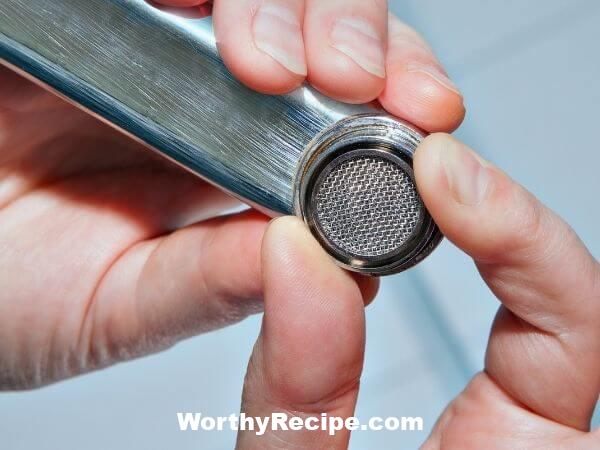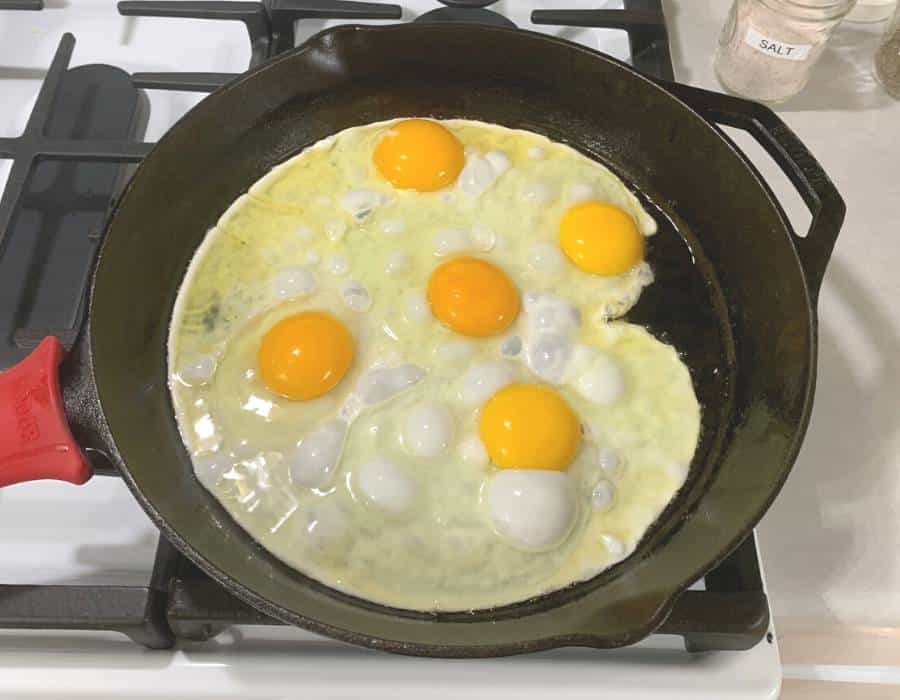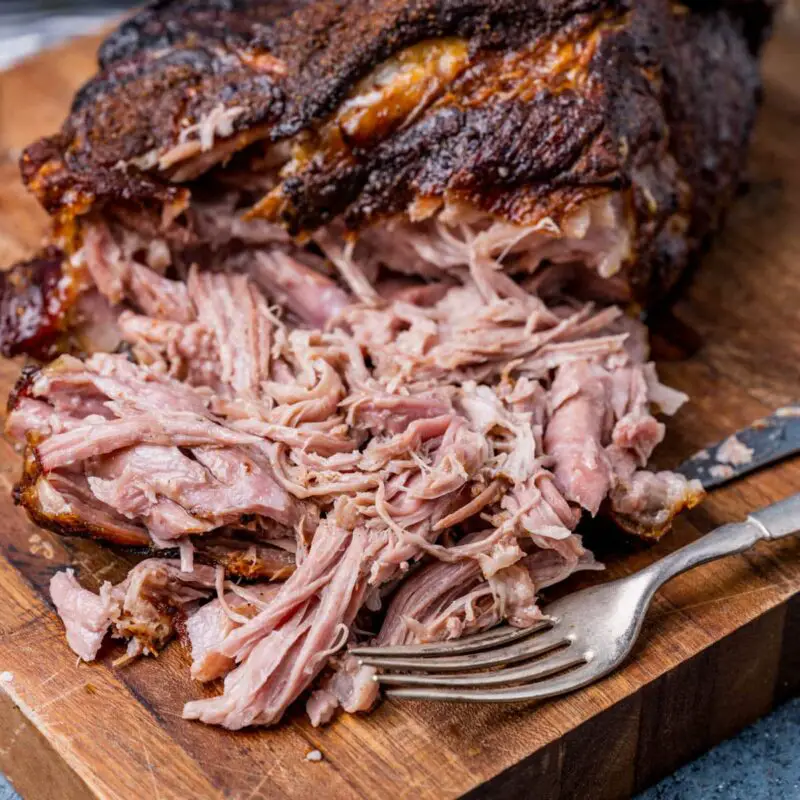How to Boil Eggs in an Electric Stove
Boiling eggs is one of the simplest and healthiest ways to add protein to your diet. It is a popular choice for a quick snack or breakfast on-the-go, and it can be enjoyed in multiple ways. However, boiling eggs on an electric stove can be different from boiling them on a gas stove. In this article, we will cover everything you need to know about boiling eggs on an electric stove.
The Benefits of Boiling Eggs
Before we dive into the process of boiling eggs, it is essential to understand the benefits that come with eating boiled eggs. Eggs are loaded with protein and contain all nine essential amino acids necessary for muscle growth and repair. They also contain vitamins such as A, D, E, and K, and minerals such as calcium and iron. Boiling eggs have the following benefits:
1) A good source of protein: Protein is an essential nutrient that plays several vital roles in the body. Boiled eggs are an excellent way to get high-quality protein without adding unnecessary calories.
2) Easy to prepare: Boiling eggs is a simple process that requires minimal equipment and less than half an hour of your time.
3) Can be eaten any time of day: Boiled eggs are a versatile food that can be consumed at any time of day. They can be incorporated into salads, sandwiches, or eaten as a standalone snack.
4) Inexpensive: Eggs are a pocket-friendly source of protein compared to other alternatives like meat or protein supplements.
Choosing the Perfect Eggs
To boil the perfect egg, you first need to choose the right eggs. Here are some things to keep in mind when selecting eggs:
1) Freshness matters: If possible, use eggs that are less than one week old. Older eggs tend to have a looser yolk, making them harder to peel, and they also develop a more pungent odor.
2) Room temperature is key: Cold eggs put into hot water can create extreme temperature changes that may cause the eggshells to crack. Take your eggs out of the refrigerator and let them sit at room temperature for at least 20-30 minutes before boiling.
3) Size and color do not affect taste or quality: While you may have personal preferences for egg size or color, it does not impact the quality or nutritional value of the egg.
Preparing Your Equipment
Boiling eggs requires minimal equipment, but there are a few things you will need:
1) A pot with a lid: Choose a pot large enough to fit all the eggs in a single layer while leaving enough space to cover them with water.
2) A slotted spoon or tongs: You will use this tool to transfer the boiled eggs from the pot to the ice bath.
3) A bowl of ice water: This will be used to stop the cooking process and cool down the boiled eggs quickly.
Boiling the Eggs
Now that you have chosen your eggs and gathered your equipment, it is time to start boiling them. Follow these steps for perfectly boiled eggs:
Step 1: Place your eggs in a single layer in the bottom of the pot. Make sure they are not crowded as this may cause uneven cooking.
Step 2: Add enough cold water to cover the eggs by about an inch. Fill the pot with enough water so that there is at least an inch of water above the top of the eggs.
Step 3: Place the pot on the stove and turn the heat on high. If you are using an electric stove, it is advisable to use a coil burner instead of a glass top burner as it may cause uneven heating.
Step 4: When the water comes to a rolling boil, turn off the heat, and cover the pot with a lid. Letting the eggs sit in hot water for too long can cause them to overcook.
Step 5: Let the eggs sit in the hot water for 9-12 minutes, depending on how you like your yolks cooked. For soft-boiled eggs, leave them in the water for around 4-6 minutes.
Step 6: Use a slotted spoon or tongs to remove the eggs from the pot and place them into a bowl of ice water for at least 5 minutes. This will help stop further cooking and make them easier to peel.
Step 7: Peel, slice, and serve as desired.
Troubleshooting
Even with following these simple steps, you may still encounter some common problems. Here are some tips for troubleshooting:
1) Green yolks: Overcooking boiled eggs can lead to greenish yolks. To prevent this, cook your eggs for less time by reducing your boiling time by one minute or more.
2) Hard-to-peel shells: It can be frustrating when boiled eggs have stubborn shells that won’t peel off quickly. To make it easier, use older eggs rather than fresh ones as they tend not to stick as much. Alternatively, adding a teaspoon of baking soda to the boiling water can create a chemical reaction that helps loosen eggshells’ grip.
3) Cracked shells: Using vinegar or lemon juice in boiling water will help the eggshell stay in place when cooking.
Serving Suggestions
There are multiple ways to enjoy boiled eggs. Here are some serving suggestions:
1) Deviled eggs: Deviled eggs are a classic appetizer that consists of boiled eggs stuffed with a mixture of mayonnaise, mustard, and spices.
2) Egg salad sandwiches: Boiled eggs can be chopped up and used in egg salad sandwiches or wraps.
3) Sliced and served with avocado toast: Adding sliced boiled eggs to avocado toast adds an extra layer of protein and texture.
4) Chopped and added to salads: Boiled eggs can be sliced or chopped up and added to salads for added protein.
Conclusion
Boiling eggs is an easy process that can be done on an electric stove. With the right equipment, selecting the appropriate eggs, and following the steps outlined above, you will achieve perfectly boiled eggs every time. Boiled eggs are quick, affordable, delicious, and nutritious. They are also versatile enough that you can enjoy them whenever you like, whether as a snack or incorporated into your meal.
What is the ideal time to boil an egg on an electric stove?
The ideal time to boil an egg on an electric stove is between 10-12 minutes. This timing ensures that the egg white is set and the yolk is cooked completely.
How can you tell if an egg is boiled to perfection?
To check whether the egg has been boiled correctly, tap it gently with a spoon or a knife. If the shell cracks easily, then it’s most likely done. Alternatively, you can also spin the egg on a flat surface. A well-boiled egg will spin smoothly.
Can you add salt while boiling eggs?
Yes, you can add salt while boiling eggs. Adding salt helps prevent the eggs from cracking and makes it easier to peel them after boiling. However, refrain from adding too much salt as it could make the eggs overly salty.
What should be the water level when boiling eggs in an electric stove?
Ensure that there’s enough water in the pot to cover the eggs adequately, with at least an inch of water above the eggs’ tops. Adding too little water may lead to the eggs not being cooked evenly.







